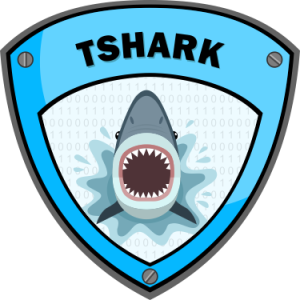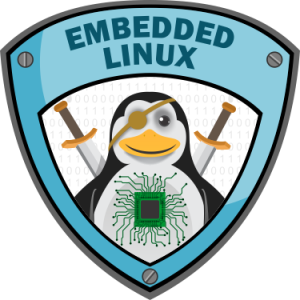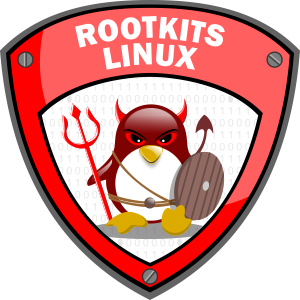
Linux dominates the Server, Embedded and now the Internet of Things (IoT) device market. In recent times, embedded systems and IoT devices in particular have been the weapons of choice in online attacks: botnets like Mirai and Reaper to name a few. Soon the simple attack vectors that these botnets and malware use get patched, it is obvouis that the attacker will move and hide his tools in Kernel mode. This course will teach Red-Blue teams how kernel mode attack kits work and what to go about protecting their systems against it. We will use examples on x86_64, ARM and MIPS based architectures.
This entire course will be run on the latest Linux Kernel 4.15.x. This course is completely hands-on and everything will be taught with practical examples in the form of Kernel Modules written in C. You can however follow this course with a basic knowledge of Linux as we discuss everything from the very basics.
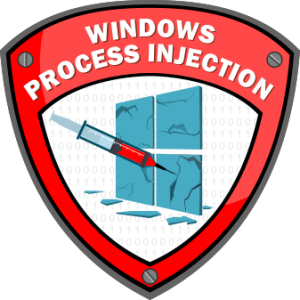


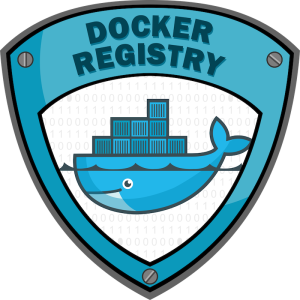 Many organizations deploy private registry servers in their internal/external application development/deployment environment. Unfortunately, most often, these servers are not securely deployed. In this entirely lab based course, we will look at various configurational vulnerabilities in docker registry servers. In these labs we have used common deployment architectures of a registry server and shown how an attacker can get valuable information out of images stored on the server.
Many organizations deploy private registry servers in their internal/external application development/deployment environment. Unfortunately, most often, these servers are not securely deployed. In this entirely lab based course, we will look at various configurational vulnerabilities in docker registry servers. In these labs we have used common deployment architectures of a registry server and shown how an attacker can get valuable information out of images stored on the server.
